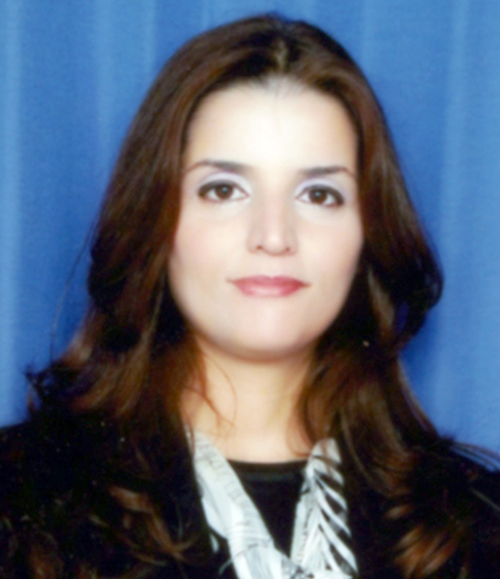Vilitcia Barghouti

- Graduate Student
- Department of Sociology
- Comparative Politics, Political Philosophy, 2019, Western Michigan University, USA.
- Contemporary Arabic Studies, 2013, Birzeit University, Palestine.
- Arabic Literature and Language, 1998, Birzeit University, Palestine
- Berkey Hall
- 509 E. Circle Drive Room 316
- East Lansing, MI 48824
- barghou3@msu.edu
BIOGRAPHY
Vilitcia Barghouti is a Palestinian Journalist whose published writing in Arabic covers a range of political, social, and cultural issues that concern Palestinian society. Some of her Professional Arabic writing published in refereed academic journals such as the Journal for Palestinian Studies, Maarif Journal for Researches' and Studies. Other journalism articles published in “Al-Baidar” newspaper, the “Voice of Women,” and the “Civilized Dialogue.”
Barghouti has extensive work experience with the governmental sector in Palestine, such as with the Ministry of Local Government, the Ministry of Information, and the Land Authority. She also has broad work experience with the nongovernmental sector in Palestine, such as with the Center for Development Studies, Save the Children, and the Secretariat of the National Plan for the Palestinian Child. In addition to work experience at educational institutions in both Palestine and the USA, such as with Birzeit University (Palestine), Al-Quds University (Palestine), Michigan State University (USA), and Western Michigan University (USA).

